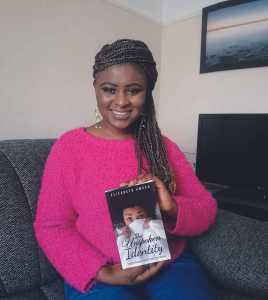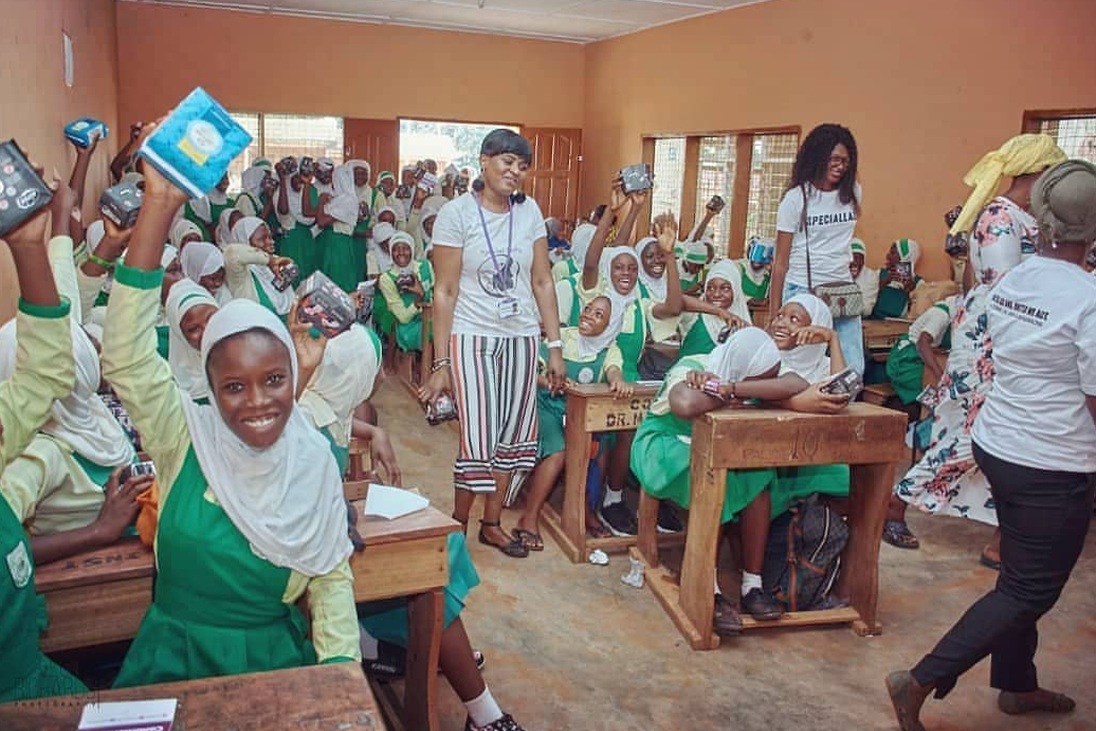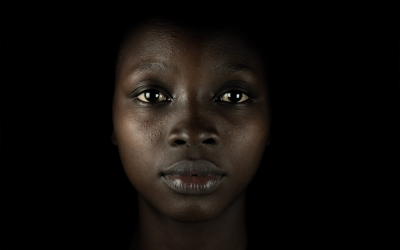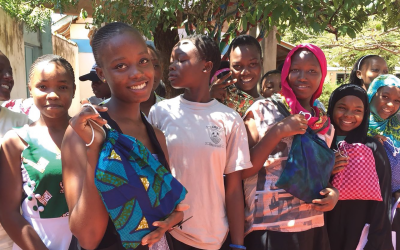For a lot of her adult life, Elizabeth Amoaa had endured lengthy spells in hospital with the most unbearable pain, without understanding why. But it was only six years ago, following the birth of her daughter that Elizabeth discovered why.
Elizabeth, who was born in Ghana, was diagnosed with a rare congenital abnormality of the womb called uterus didelphys. This when two smaller tubes in a female fetus fail to fuse into a single uterus. Instead, they grow into two separate structures.
She had previously been diagnosed with uterine fibroids and doctors told her she was infertile, so when she gave birth to Rashley in 2010, she knew Rashley was a miracle baby. Despite countless ultrasound treatments during pregnancy, nothing was spotted.
Listen to this article
Born with two wombs, two cervixes and two vagina canals, 36-year-old Elizabeth has now come out publicly to share her plight, making headlines across the world with her new book ‘The Unspoken Identity – the woman with two vaginas’.
“After a long health journey with multiple surgeries and complications, I want to encourage women to seek early diagnosis, treatment as well as raise awareness towards women’s reproductive issues,” explained Elizabeth, who is a member of the Rotary Global Hub.
“I also wanted to combat menstrual poverty – and this is what inspired me to set up Speciallady Awareness in 2017.”
This whole experience has been an emotional rollercoaster. One second I was being told I wouldn’t be able to conceive. The next, I’m giving birth to my daughter.”
Elizabeth revealed that, although she was not diagnosed until later in adult life, she had exhibited symptoms from the age of six-years-old.
“I have had many hospitals admissions, recurrent infections, chronic pains, yet doctors failed to provide me with answers and early diagnosis.
“My periods were always very heavy. I used to complain a lot about abdomen pain, but when my mother took me to the hospital, doctors just kept giving me iron supplements and multi-vitamins, and said I was anaemic or had a yeast infection.


Elizabeth Amoaa with her book ‘The Unspoken Identity – the woman with two vaginas’.
“I just believed that, and continued taking my supplements.”
In 2015, following private medical care from the British Forces Health Service based in Germany, she was finally able to get the answers she had sought for so long.
Doctors discovered two wombs in 2015 and then, a year later, after keyhole surgery, two cervixes and vaginas were found. Elizabeth was later diagnosed with stage 4 endometriosis and secondary infertility.
She added: “I was really overwhelmed because I finally got the answer to all my doubts about my health after all these years. It was really hard for me to take in, and I was very upset.
“I always knew something was wrong, so to actually be diagnosed with something was a bit of a relief.
“This whole time I thought I was going mad. People would always ask ‘why are you always sick?’ I knew they were thinking I was just making it up and that it was all in my head.”
These disorders can have effects on the woman’s, or young girl’s, mental health, lifestyle, career and relationships.”
What followed were six surgical procedures and a silent miscarriage, as well as other health complications. Now Elizabeth is able to reflect on the journey she has endured.
“This whole experience has been an emotional rollercoaster. One second I was being told I wouldn’t be able to conceive. The next, I’m giving birth to my daughter.
“Though I am blessed to have my daughter, I feel very upset and annoyed as they should have done a proper investigation. If there was an early intervention, I wouldn’t have gone through what I have today.
“That’s why I have decided to share my story to encourage other women and young girls seek early diagnosis to prevent further medical complications and unnecessary surgeries.


Speciallady Awareness is a Woman Reproductive Health Advocacy that regularly carries out projects in Ghana.
“The book talks about my journey into the discovery of my rare congenital abnormality and other reproductive health disorders and my quest to share my findings with the rest of the world.
“I decided to write this book because many women and young girls are suffering in silence with gynaecological conditions. Moreover, these topics are still seen as taboos in some communities.”
Since Speciallady Awareness was established in 2017, the charity has conducted outreach projects in Ghana. It has also donated sanitary products, educational materials and medical items worth thousands of pounds to hospitals, schools and communities.
Elizabeth said that becoming a Rotarian has helped her to network with people who are passionate about changing lives like herself. She urged fellow Rotarians to take action to help encourage women and young girls to seek early diagnosis and appropriate treatment.
“These disorders can have effects on the woman’s, or young girl’s, mental health, lifestyle, career and relationships,” she added.
“Also, I plead with Rotary International to assist in combatting menstrual poverty in rural areas in Ghana and other parts of the world where teenagers or young girls cannot attend school due to lack of accessibility of sanitary towels.”
Elizabeth is taking part in a virtual event powered by the Rotary Global Hub on March 8th where influential women can share their journey and describe how they have impacted their communities.
If you would like to know more please visit the Speciallady Awareness website.


























































